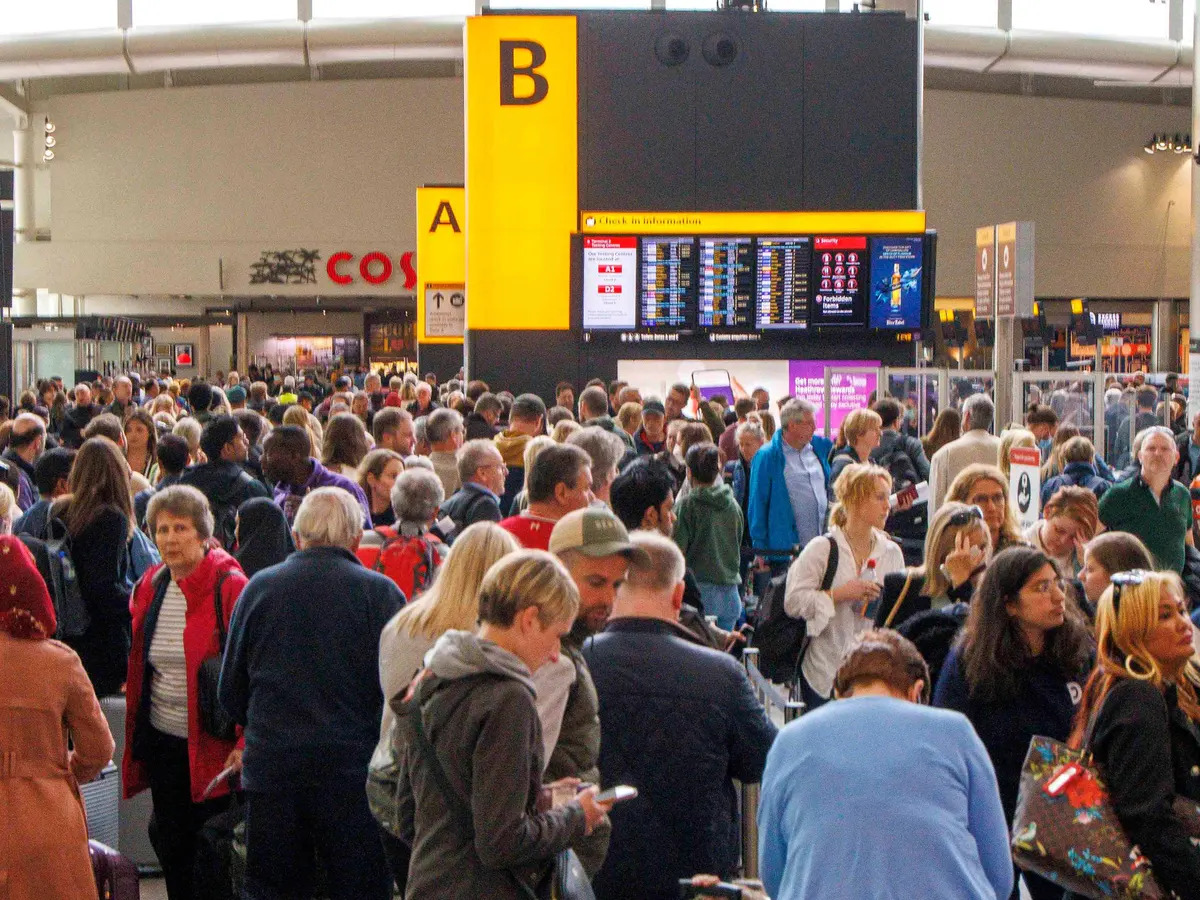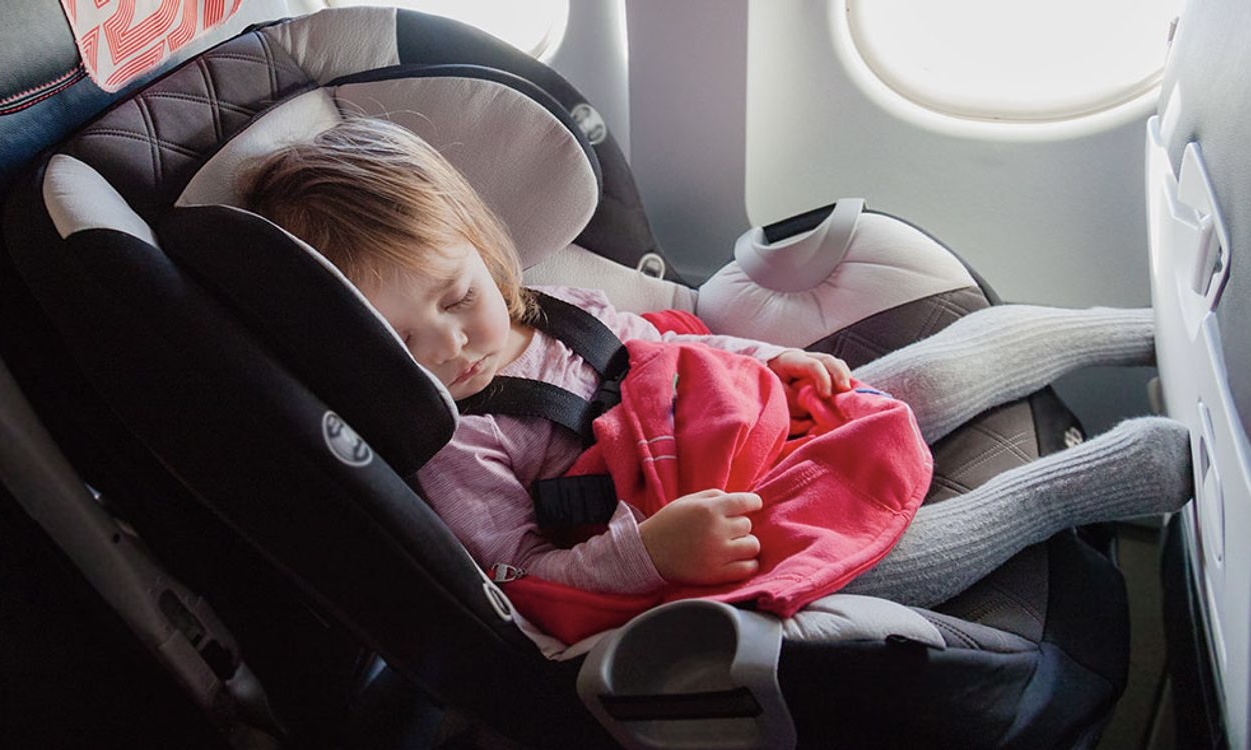The airport will limit daily passenger traffic to 100,000 departing people through Sept. 11, asking carriers to refrain from selling summer tickets. Current forecasts are modeling for as many as 104,000 passengers a day over the summer, still below the roughly 125,000 this time before the pandemic.
The move comes in reaction to staffing that Heathrow said is not yet “up to full speed” as it rushed to replenish its workforce with new recruits. Some key functions, like ground handlers for baggage, remain significantly under-resourced, according to the airport. The hub has been particularly hard hit by the travel disruptions, as a surge in bookings during the busiest time of the year clashed with a mass exodus of workers during the pandemic.
“Our objective is to protect flights for the vast majority of passengers at Heathrow this summer,” Chief Executive Officer John Holland-Kaye said in a release. “We recognise that this will mean some summer journeys will either be moved to another day, another airport or be canceled and we apologise to those whose travel plans are affected.”

Heathrow and other airports have faced massive queues amid shortages of ground staff. (Photo: Mark Thomas/Alamy)
Ticket pricing and cancellation data show that Europe is where the turmoil is inflicting maximum pain on consumers, while Asia’s travel industry is still navigating Covid-19 and the US suffers from a shortage of pilots. Some airlines have already responded, with British Airways scrapping a swath of flights for the summer season. Heathrow said that of the expected 4,000 excess daily seats, only about 1,500 have currently been sold, giving it room to act.
While Heathrow was spared some of the spring chaos, when images of long lines snaking out of airport buildings grabbed headlines, the hub has struggled in recent weeks as long haul travel, in which the international hub specializes, comes rushing back. As a result, baggage has piled up outside terminals due to a shortage of luggage loaders.
Industry group Airlines UK, which counts British Airways and Virgin Atlantic as members, was unsympathetic to Heathrow’s decision.
“It is disappointing that Heathrow, which was forecasting lower passenger numbers and resources required during the recovery phase, has considered it necessary to take this action now to manage these shortcomings,” CEO Tim Alderslade said in an email. “The vast majority of flights from Heathrow are departing as planned this summer, and carriers will be in contact as early as possible with any customers affected by the cap.”
Early Arrivals
Passengers have been arriving extra early, causing further chaos. The airport on Tuesday asked customers not to arrive more than 3 hours before their flight.
Capacity curbs across Europe have also caused ticket prices to surge. Deutsche Lufthansa AG has has said it will only offer seats in its most expensive booking class for the month of July as it wrestles with the new constraints. That move raised the price of even the cheapest return flights between London and Frankfurt to 1,000 euros ($1,017.4).
Last month, Gatwick airport, London’s second-biggest hub, said it would limit airlines to 825 flights a day in July and 850 in August, compared with a pre-pandemic daily peak of about 950 services, to cope with the aviation industry’s staffing crisis. Amsterdam’s Schiphol hub took similar measures, forcing Dutch flag carrier KLM to limit ticket sales.
In the UK, last-minute flight cancellations from the country almost tripled in June compared with the same month in 2019, even with fewer flights operated by airlines, according to data from aviation analytics firm Cirium. British Airways, whose main hub is Heathrow, has scrapped about 13% of its planned capacity this summer. That’s up from the 10% reduction it announced in May.
The staffing shortages have been exacerbated by strikes in places like Scandinavia, France and the UK. Lufthansa CEO Carsten Spohr has already said things probably won’t get easier in coming weeks, and that only by the winter schedule will service normalise. The German carrier cut about a third of its workforce to 100,000 people in response to coronanvirus travel restrictions.
International Consolidated Airlines Group SA, the parent of British Airways, declined as much as 1.1% in London trading. The stock has lost 28% in value this year, making it the third-worst performer on the 30-member Bloomberg World Airlines Index.
Cre: Bloomberg
Nguyen Xuan Nghia – COMM










